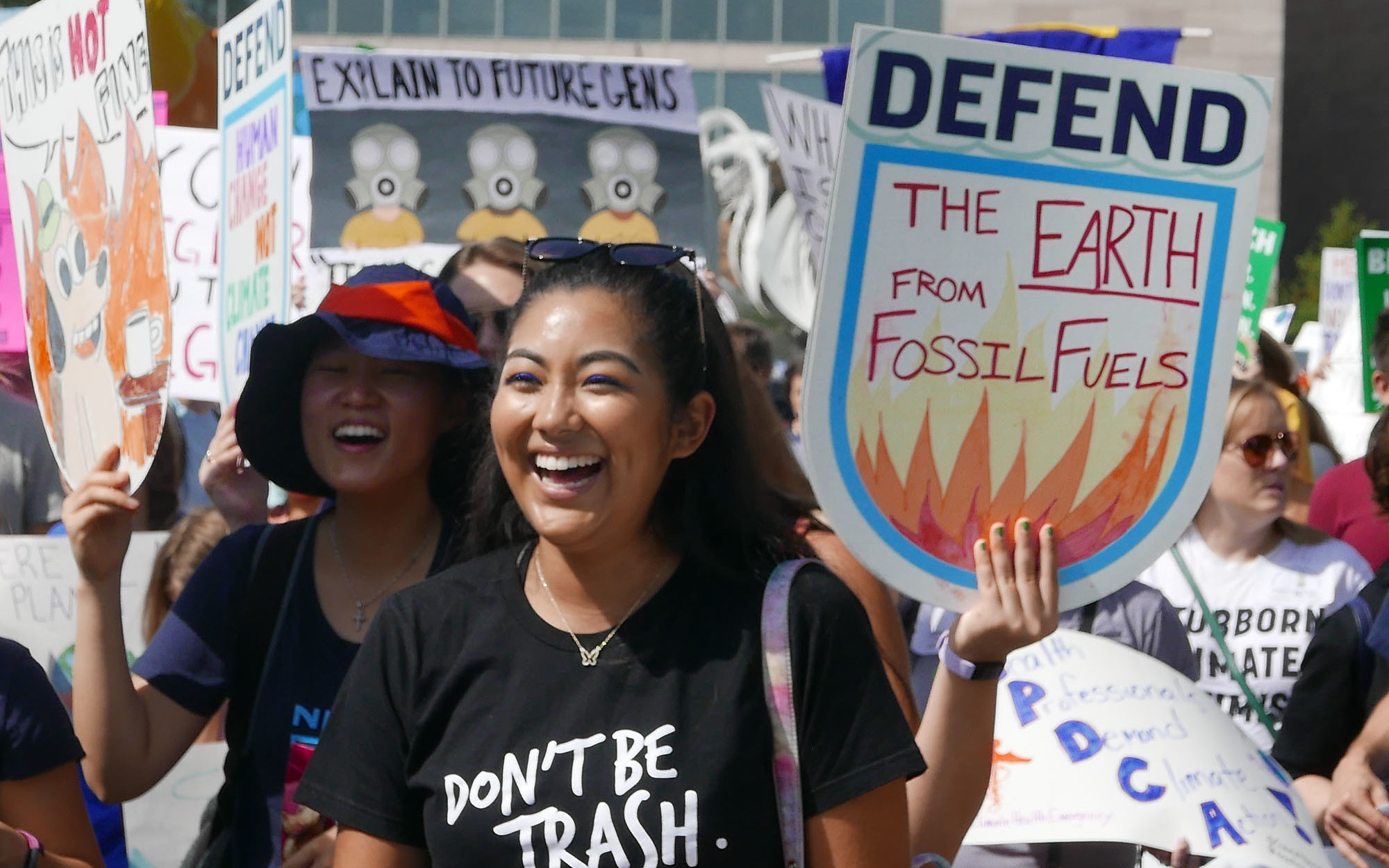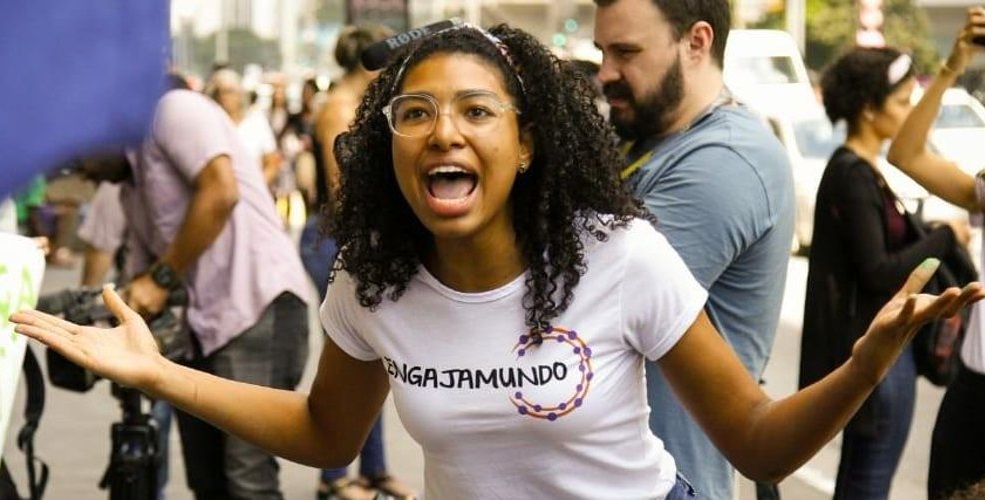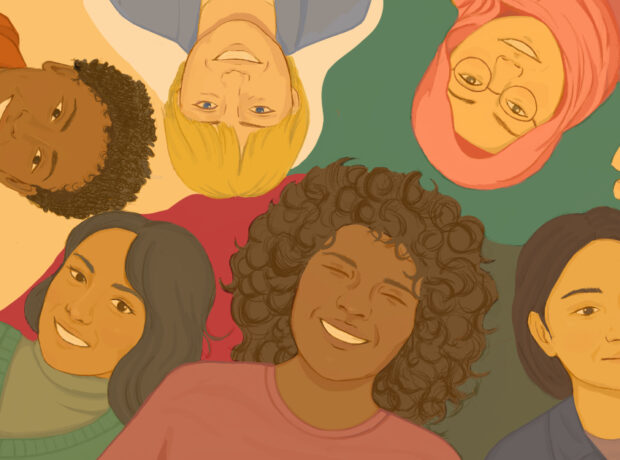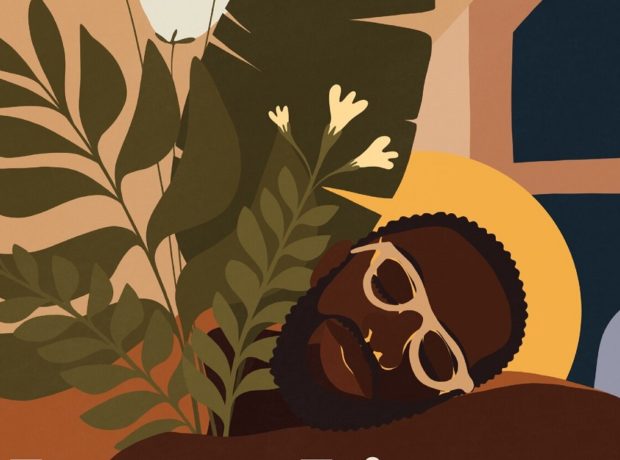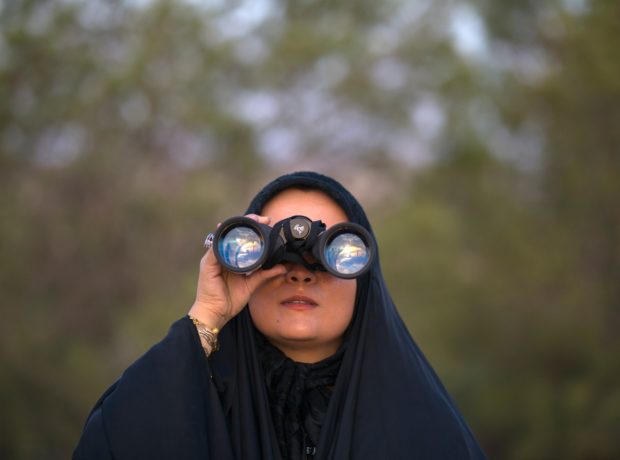These five women from around the world are showing that environmental justice is racial justice. Using social media and podcasts, hosting nature camps and representing their countries at climate conferences, each one of them had a moment of realisation that sparked action. And they’re showing how you can campaign for change too.
DR MYA-ROSE CRAIG
Mya-Rose, a 19-year-old British-Bangladeshi birdwatcher (pictured below), noticed that not many people who shared her hobby looked like her. At the age of 14, she took it upon herself to change this and founded Black2Nature, a nature camp to inspire a new generation of birders. Mya campaigns for access for Visible Minority Ethnic (VME) communities who are currently excluded from the countryside.
Mya-Rose is also an author, writing the book, We Have A Dream, to highlight 30 young indigenous people and people of colour on a mission to protect our planet.
Mya received an honorary doctorate from Bristol University at the age of 17, making her the youngest Brit to receive such an award.
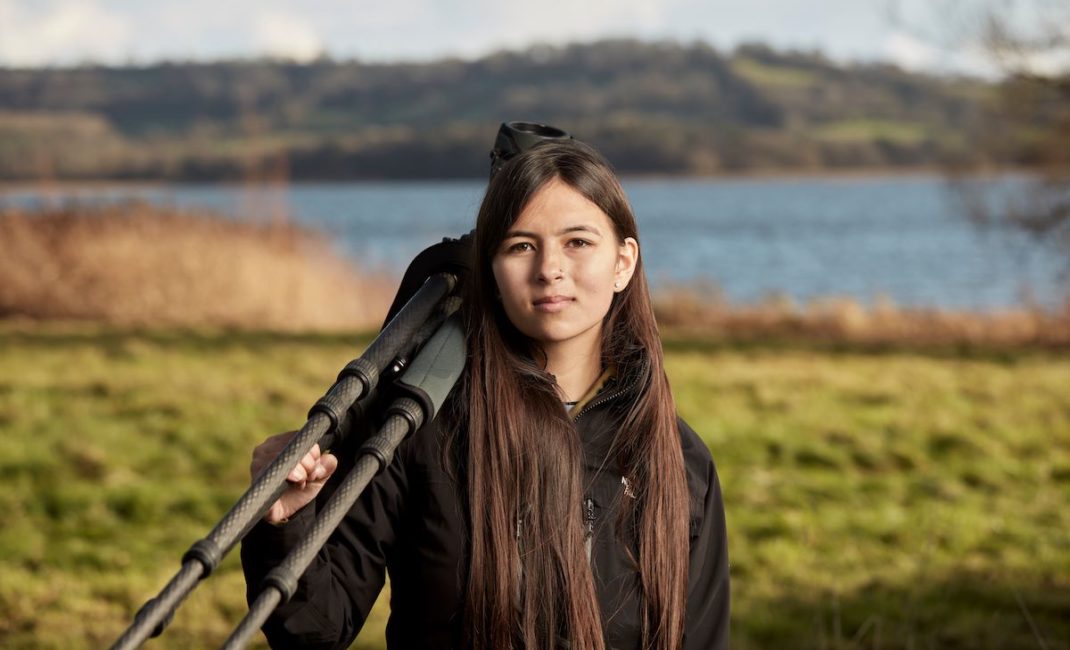
Mya-Rose Craig noticed that not many people who shared her hobby looked like her. At the age of 14, she took it upon herself to change this. Image by Oliver Edwards.
AMANDA DA CRUZ COSTA
Receiving a grant to represent Brazil’s young people at COP23 in 2017, Amanda Costa realised that she did not “have to wait until [she was] 35 years old and in a management position to have a powerful voice in society”. Since then, the 25-year-old has made it her “life mission” to make climate justice (including its inseparable link to racial justice), more accessible to young people. She has taken both national and global actions, launching a digital space in Brazil, called Perifa Sustentável to share climate knowledge in hard-to-reach areas of São Paulo. With crowdfunding from her online community, she also attended COP26 in Glasgow last November (2021).
Amanda also led Climathon Sao Paulo, bringing people together to form networks and propose solutions to some of the impacts of climate change.
KRISTY DRUTMAN
Kristy Drutman, a Jewish Filipina-American, has made it her mission to amplify the voices of Black, Indigenous, and People of Colour (BIPOC) in the environmental movement. For her, the climate crisis became “a lot more personal” after she saw the devastating effects of Typhoon Haiyan in the Philippines – and its lack of news coverage in the mainstream media. This led her to create a podcast and media platform, Brown Girl Green in 2017, to highlight the importance of diversity and inclusion in the environmental movement, whilst creating a space to discuss creative solutions to climate issues.
Working to instil her listeners with a sense of climate hope, Kristy also uses her social media to make information on climate change more accessible, inspiring others to take action.
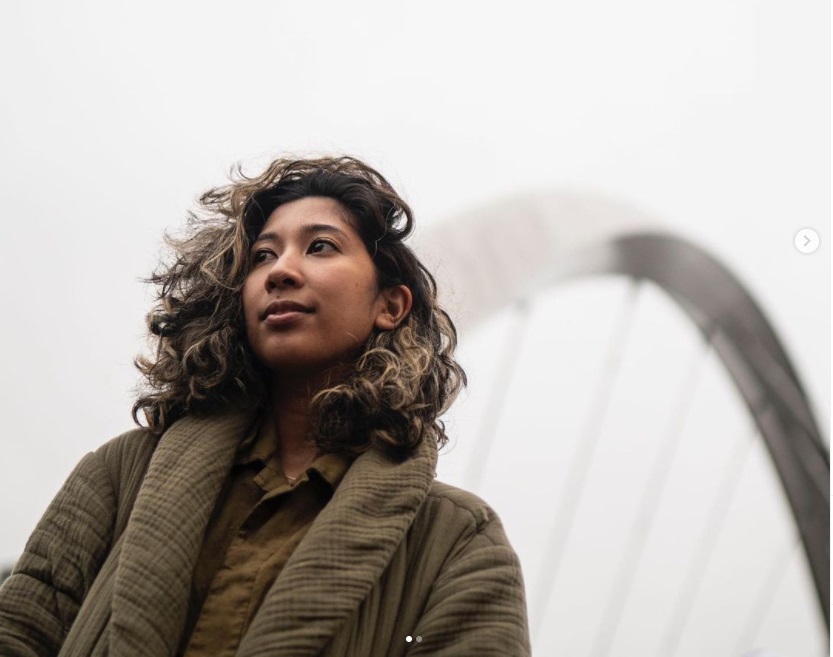
Kirsty Drutman of Brown Girl Green. Photograph by Raul De Lima.
MIKAELA LOACH

Mikaela Loach, medical student, podcaster and environmental justice activist. Photo courtesy of Mikaela Loach.
At the same time as studying for a medicine degree, Mikaela Loach, 24, has launched her own podcast and taken the government to court. The University of Edinburgh student, filed a case against the UK government in December 2021 alongside campaign group Paid to Pollute, urging them “to stop the flow of public money to oil and gas companies.” Mikaela has dedicated her social media platform to advancing the conversation on climate injustice, whilst hosting the Yikes podcast to continue the debate.
The young activist has also opened up about burnout, advocating for the importance of rest and recovery from activism.
ALEXIS NIKOLE NELSON
Alexis Nikole, known as “The Black Forager” on social media, has amassed over 3 million followers on TikTok alone. The forager uses her platform to share fun recipes using wild foods: from making pink lemonade using violets, to bread stuffing using acorns. With her joyous energy, Alexis Nikole is encouraging more people to see themselves as part of nature and to appreciate the foods that the natural world affords us.
Alexis also uses her platform to remind viewers that “none of our food… exists without context”. She reminds us that the journey of our food does not start at the supermarket, but with the farmer who grew the vegetable, or the indigenous knowledge that led to us having the food in the first place.
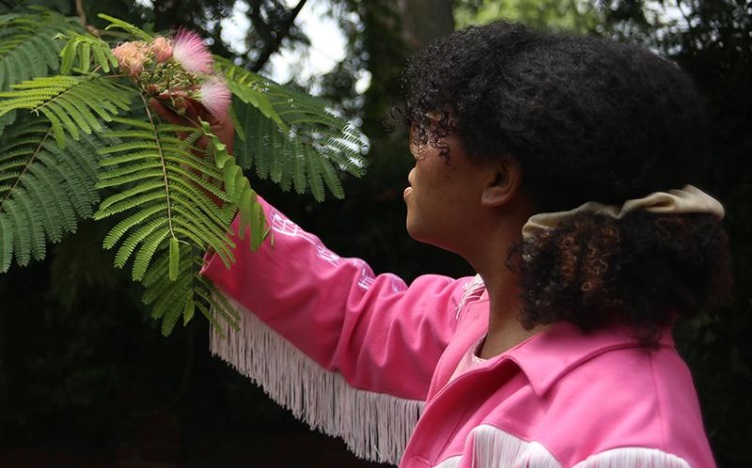
Alexis Nicole Nelson has 3 million followers on her TikTok channel The Black Forager.
Main image at the top of this page shows the DC Climate Strike, by Susan Melkisethian.
Read more:
